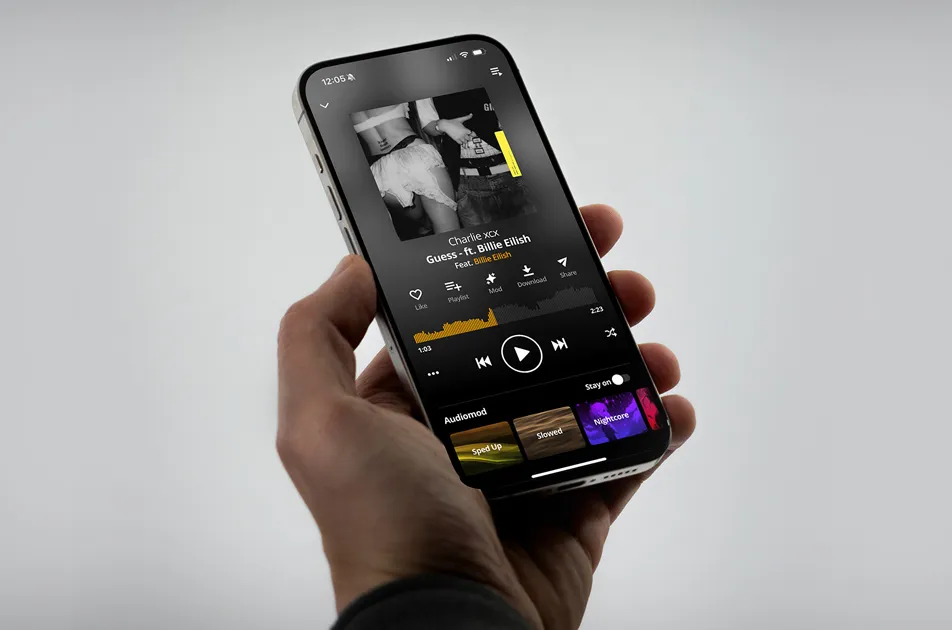At a recent NYC Pandora listener meetup CEO Tim Westergren offered these Pandora stats:
It costs Pandora 2¢/hr to stream
- Pandora adds about 85,000 new listeners per day
- Pandora makes up 1 1/4 of all radio
- Out of 100 hours, 1 hour and 15 minutes of radio is listened to on Pandora
- Pandora has 3/4 of a million songs so far; 90 million of those three-fourths were played last month
- Dancing Queen” by ABBA was Pandora’s first song analyzed through the Music Genome Project
- It takes about 15 minutes for a trained musician to analyze a pop song and about one hour and a half for a symphony
- 1 out of every 4 or 5 songs gets a thumb (whether up or down)
- Pandora receives about 3,000 emails per month
- Pandora music analysts are paid about $40/hr; they are covered by health insurance; they work flexible hours (Tim definitely encourages this job)
- Pandora has advertised for 45 out of the 50 top advertisers
- During Pandora’s first year, the 90210 zip code was the area listening to Pandora the most
- Pandora admits to 0.4% of missed searches. That is, Pandora will get stumped 0.4% of the time when you enter a song or artist
- Pandora pays a publishing fee to composers and a performance fee
- Pandora abides by the Digital Millenium Copyright Act, which shapes radios and mandates royalties
- Less than 100,000 songs in the entire history of radio broadcast have ever been played
- On average an individual listens to 17 hours of radio per week
- Of the 17 hours of radio listened, 96% are listened to through broadcast radio (so NOT Pandora because it is a unicast radio)




